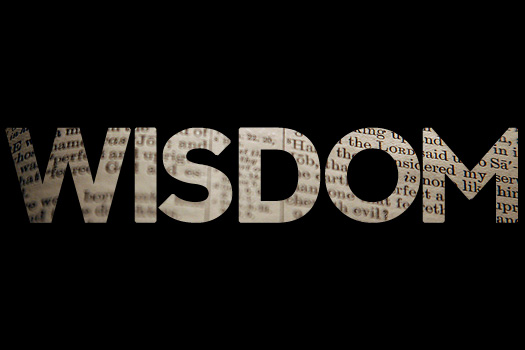Ephesians 5:15-20 continues our reading in this letter for this 13th Sunday after Pentecost in the Year of Mark. As such it continues the writer's exhortation to "live as children of light" (5:8), except now the emphasis is on wisdom. Instead of contrasting light and darkness, or good and evil, the contrast now is between wisdom and foolishness. It will be the preacher's task to exhort listeners to this way of wisdom.
(The following questions are not meant to be exhaustive, but are best used in conjunction with other fine sets of questions available to exegetes, such as those found in narrative or textual analysis. These questions have been developed to help lift up the way the Word functions in the text, a central concern of Law and Gospel preachers. For more on this method and on Law and Gospel preaching in general, see my brief guide, Afflicting the Comfortable, Comforting the Afflicted, available from wipfandstock.com or amazon.)
1. How does the Word function in the text? The Word is functioning as an exhortation or invitation to wise living, a classic call to obedience. The opening phrase sums it up: "Be careful then how you live." The presence of the word "then" hearkens back to the believers' identity as children of light. In other words, "Because you are children of light, be careful how you live." John Calvin said it this way: "Believers ought to live as if they were on stage in the theater...they must regulate their lives as wise people." (Reformation Commentary on Scripture, NT, vol. X, p. 374).
2. How is the Word not functioning in the text? Neither the Law nor the Gospel are explicitly stated here. There is a reminder of our need for the Savior when the writer reminds us that "the days are evil," but there is no call to repentance. There is a reminder of what God is has done in Christ when the writer concludes with the exhortation to give thanks "at all times," but again, there is no explicit statement of God's work in Christ.
3. With whom are you identifying in the text? We are those being exhorted to wise living. We are those who similarly experience the evil of these days. We are those who are being reminded that as we live in Christ we can be thankful at all times.
4. What Law/Gospel couplet is suggested by this text? As stated above, Law and Gospel are present only implicitly, therefore our couplets come from those hints. A few ideas: evil days/days of redemption; foolish living/wise living.
5. Exegetical work: Ralph Martin, in his fine commentary, reminds us that this text comes very much out of the wisdom tradition of the Old Testament. This is precisely why the First Reading appointed for this Sunday is Proverbs 9:1-6: "Lay aside immaturity, and live, and walk in the way of insight." (9:6). Martin says, "[In the OT] wisdom is not so much an intellectual achievement as an attitude toward life. It begins with a knowledge of God and a steering away from all that displeases God." (Interpretation series, Ephesians, Colossians, and Philemon, p. 65). He goes on to quote W. Zimmerli, who argues that "wisdom permits the righteous not only to know life's secrets, pleasurable and painful, but to gain mastery over them." (Ibid., p.66). This echoes the words of the German reformer, Erasmus Sarcerius, who wrote, "Christian wisdom is the power by which we come to know the things we need in order to preserve the salvation imparted to us along with the necessary works of light." (RCS, NT, vol. X, p. 374).
6. Consider the insights of the pioneers of the New Homiletic? David Buttrick was careful to remind his students that a sermon without a design, or one with too many points, or too little structure, was sure to be lost to the listener. When preaching a non-narrative text like this, this is particularly wise and timely advice.
Blessings on your proclamation!

No comments:
Post a Comment